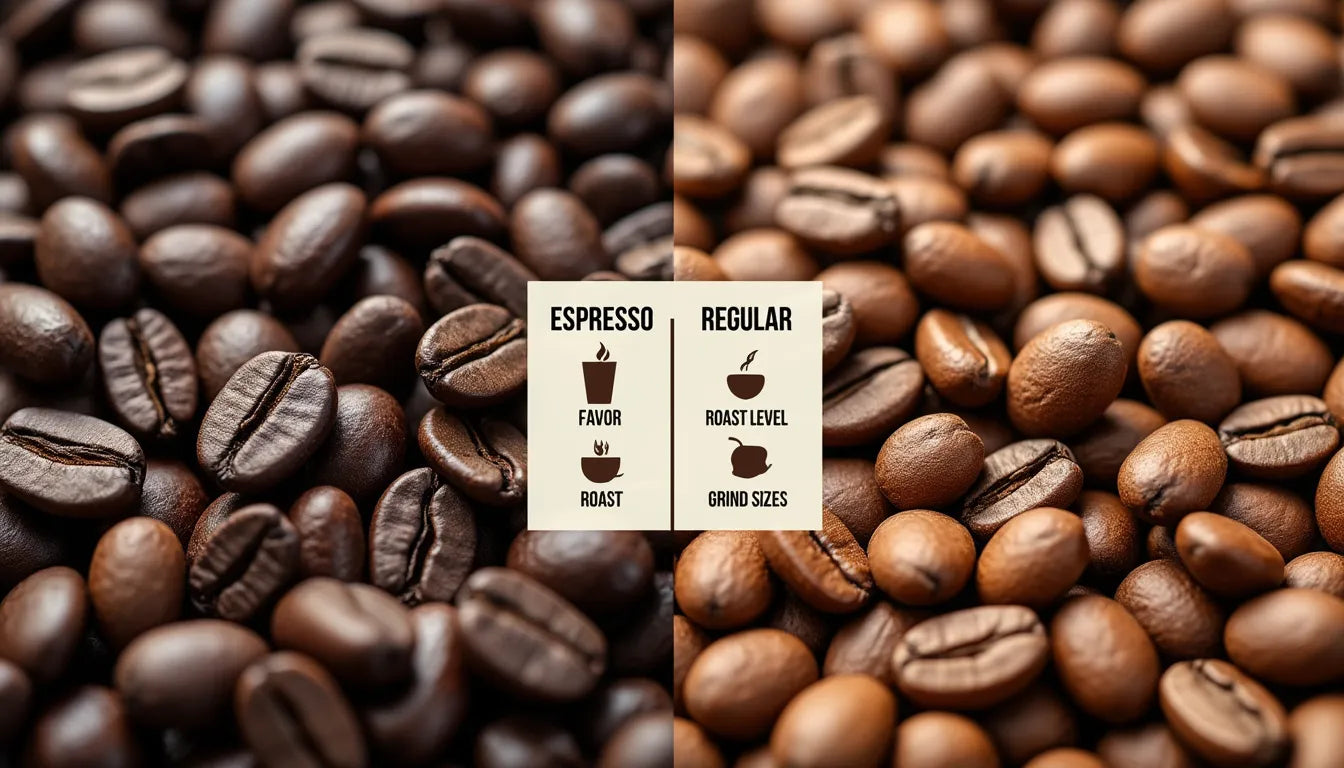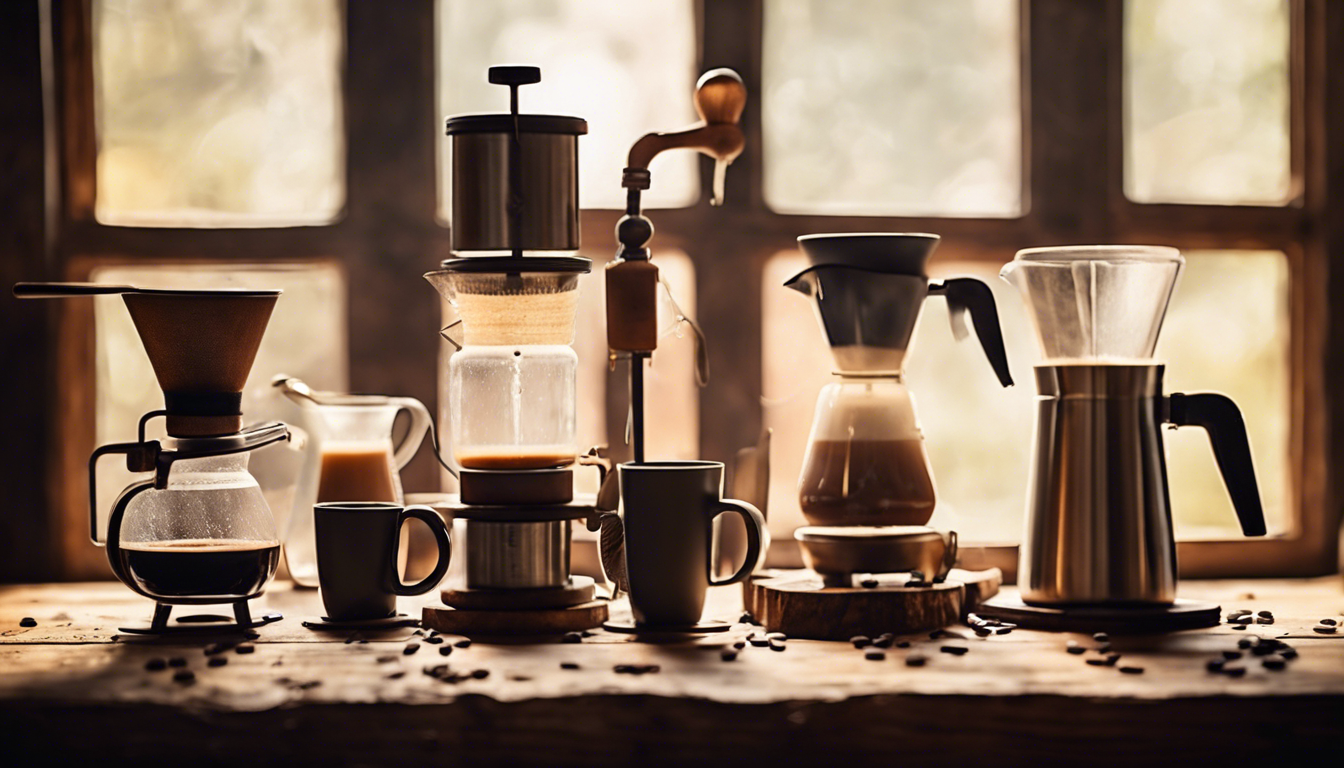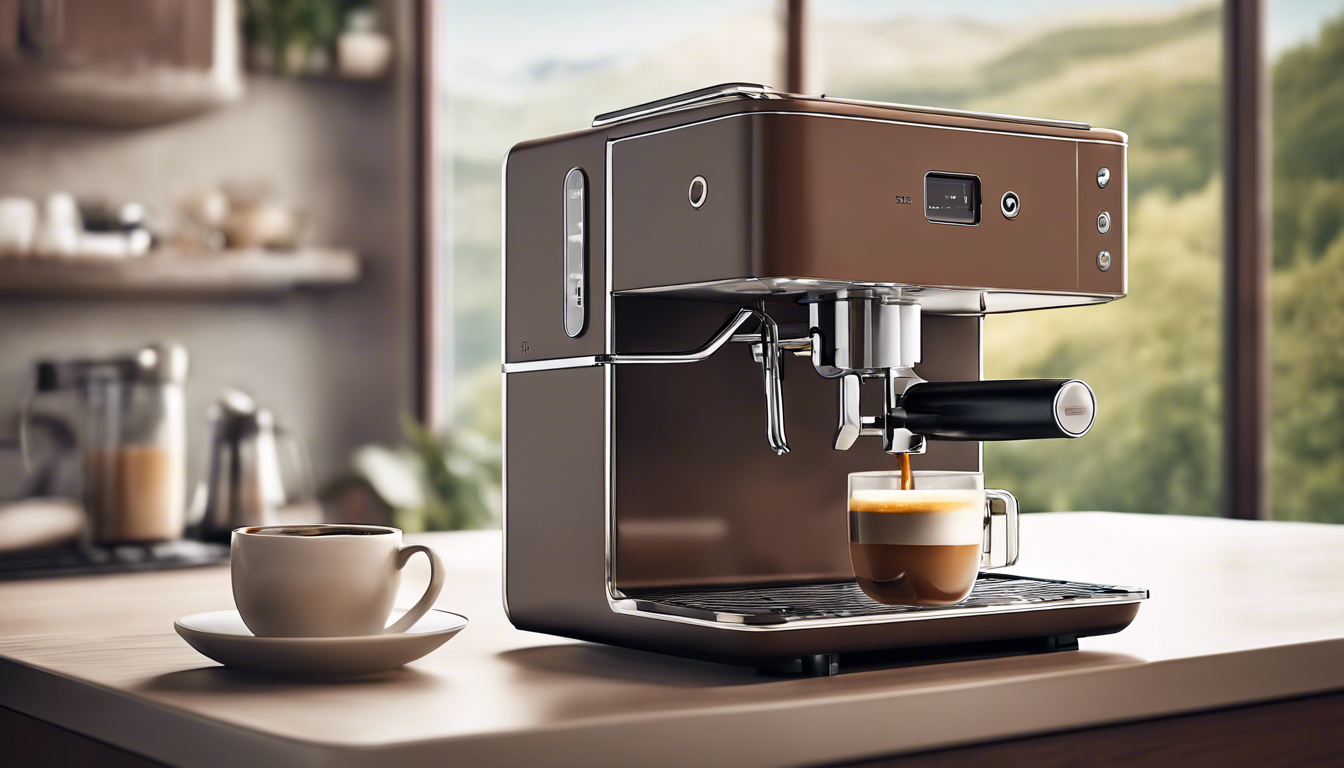Understanding the Difference Between Espresso and Coffee Beans

Understanding the Difference Between Espresso and Coffee Beans
For anyone who takes their coffee ritual seriously, understanding the difference between espresso and coffee beans is key to brewing the perfect cup. Despite being at the heart of many caffeine-related debates, the contrast between these frequently confused beans is surprisingly straightforward. Dive in and discover what sets these coffee contenders apart!
Origins: Blurring the Coffee Bean Lines
Let's set the record straight: coffee beans and espresso beans actually start from the same humble beginnings—the coffee plant. Whether you want a robust cup of joe or a potent shot of espresso, the journey begins with raw, green coffee beans. So, what's the big brew-haha all about?
Roasting: The Flavor Development Stage
The transformation begins during the roasting process. Espresso beans are typically roasted longer and at higher temperatures than coffee beans. This process brings out heavier, bolder flavors and a richer aroma, yielding a stronger bean.
Regular coffee beans, on the other hand, are generally roasted to a medium or light finish. This helps preserve the intricate notes of the beans' origin, resulting in a wider flavor profile ideal for different brewing methods.
Grinding: The Size Matters
The grind size is another major factor in distinguishing espresso from regular coffee. Espresso requires a super fine grind; think sand, but not the kind you'd want at the beach. This allows the pressurized water to interact with the finely ground coffee, extracting a concentrated shot in a mere 30 seconds.
Conversely, coffee beans are ground to varying coarseness depending on the brewing method—drip coffee, French press, or pour-over each calls for a different grind size. Often, these are coarser than espresso grinds, enabling a more even extraction over a longer period of brewing time.
Brewing: The Technique Triumph
Espresso is not just a drink; it's a state of creation. Brewed with pressurized hot water, the espresso process demands precision, pressure, and passion. The result? A concentrated shot with a layer of crema that coffee enthusiasts crave.
Coffee, however, offers more wiggle room to experiment with brewing. Whether it's the purity of a pour-over or the fullness of a French press, coffee appeals to those who enjoy a laid-back approach to their caffeine kick.
Flavor Profile: Strength and Versatility
In terms of flavor, espresso beans deliver a robust and intense profile with hints of caramel, chocolate, and nuts. Their strong, full-bodied taste is designed to be rich and concentrated. Perfect for those mornings when you need an extra push!
Conversely, coffee beans offer a plethora of flavors, from fruity and floral to spicy and earthy. Depending on the roast and brewing method, coffee provides a more nuanced taste. It’s designed for sipping and savoring at your leisure.
Wrapping It Up: Choosing What's Right for You
Ultimately, the choice between espresso and coffee beans comes down to personal preference, mood, and occasion. Whether you're an espresso aficionado or a coffee connoisseur, understanding these differences can enhance your brewing experience and ensure every cup is your cup of tea—or in this case, coffee.
So, now that you've unraveled the mystery, it's time to lift your mug, take a sip, and enjoy the aromatic journey of coffee discovery!
Ready to take your coffee experience to the next level? Don’t settle for anything less than perfect espresso, no matter where you are. Click here to grab your portable espresso machine today and enjoy barista-quality coffee on the go!



